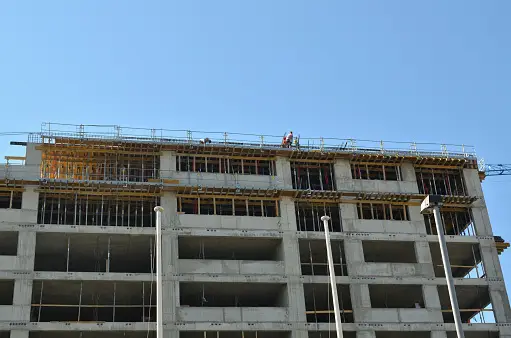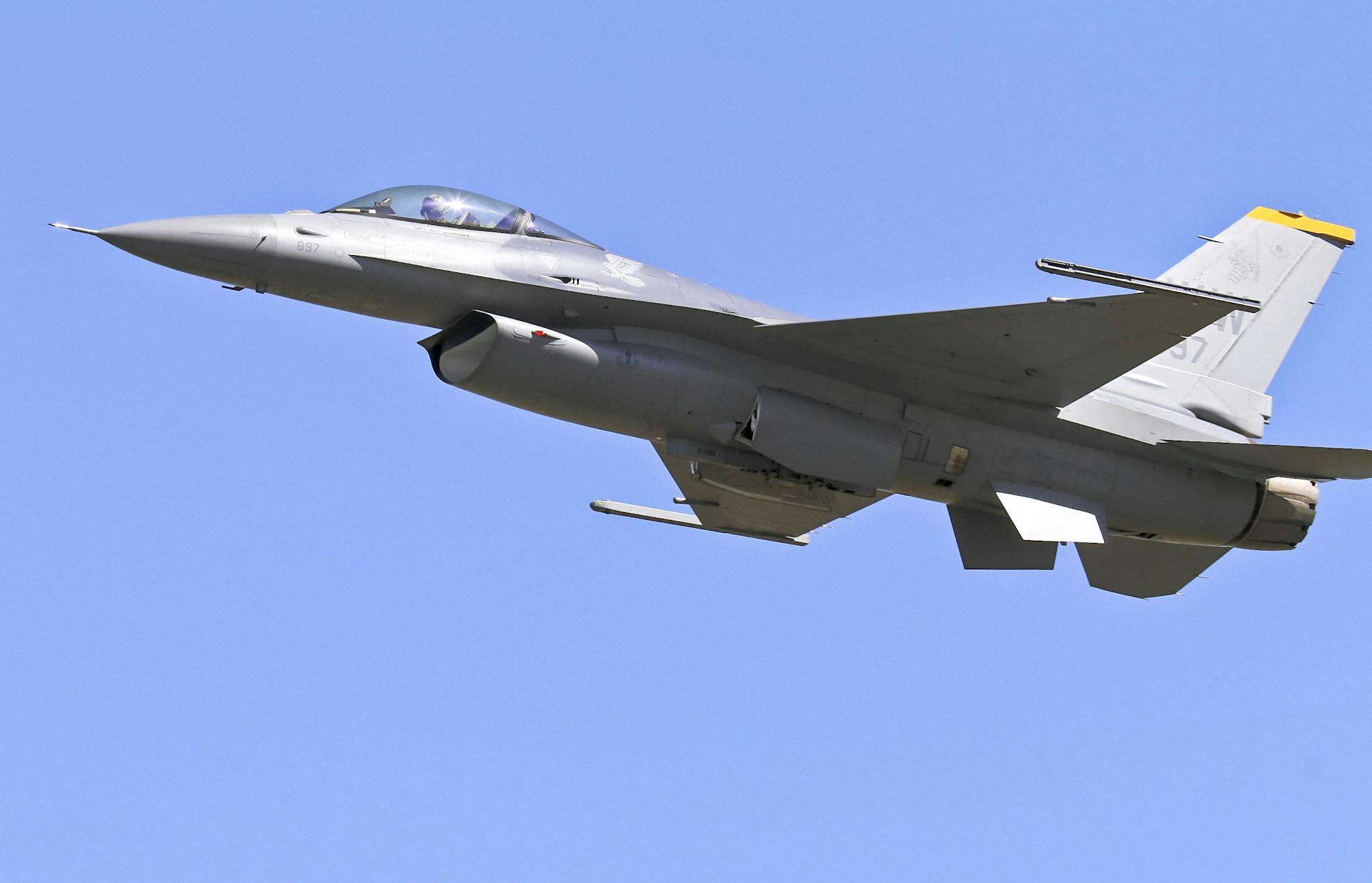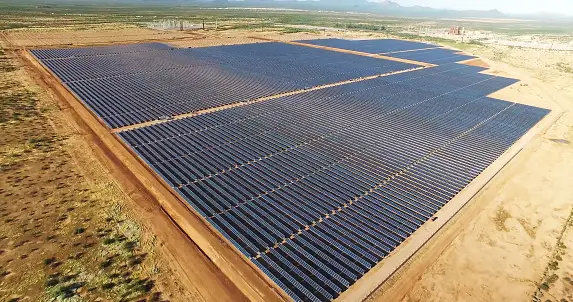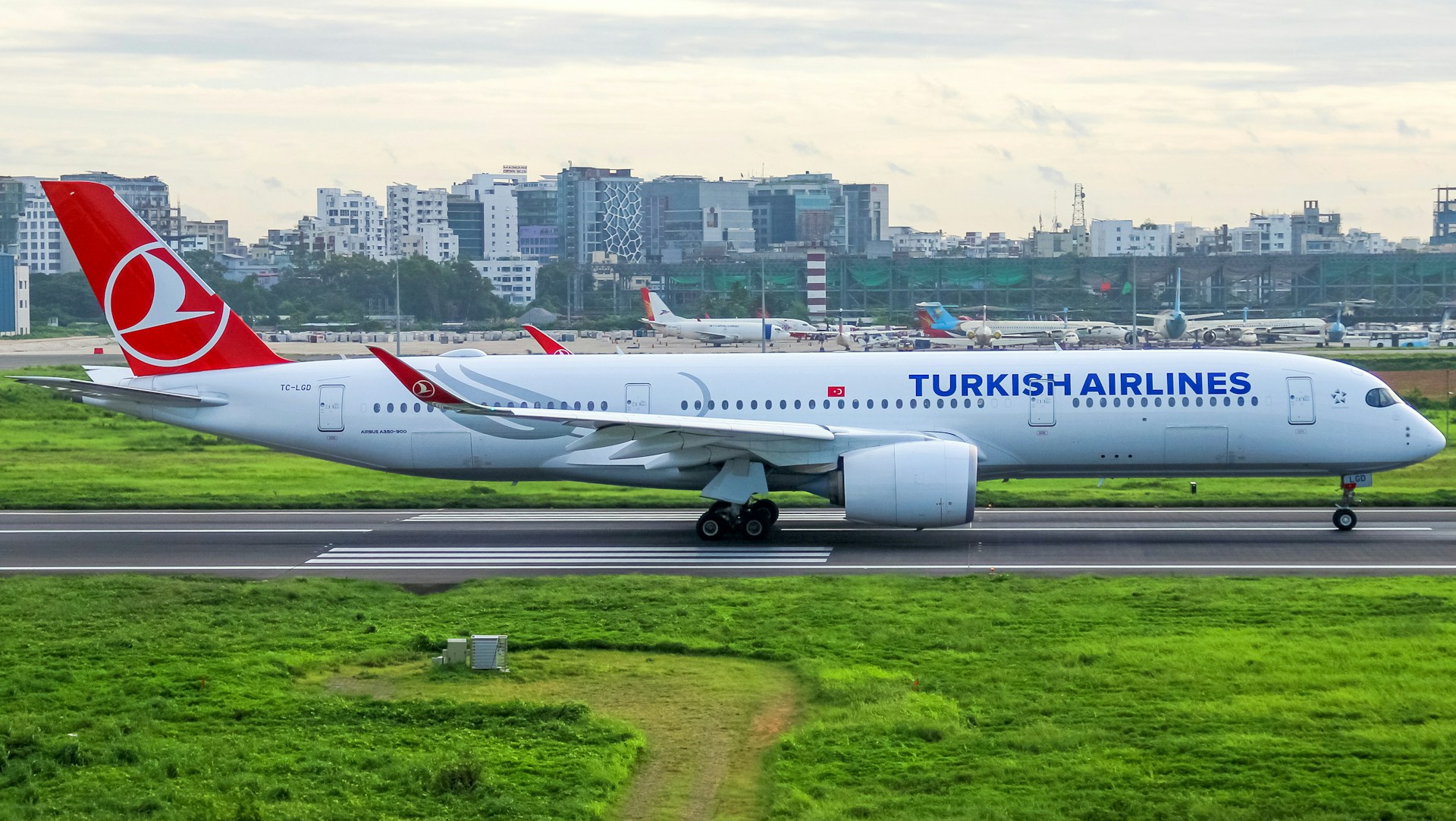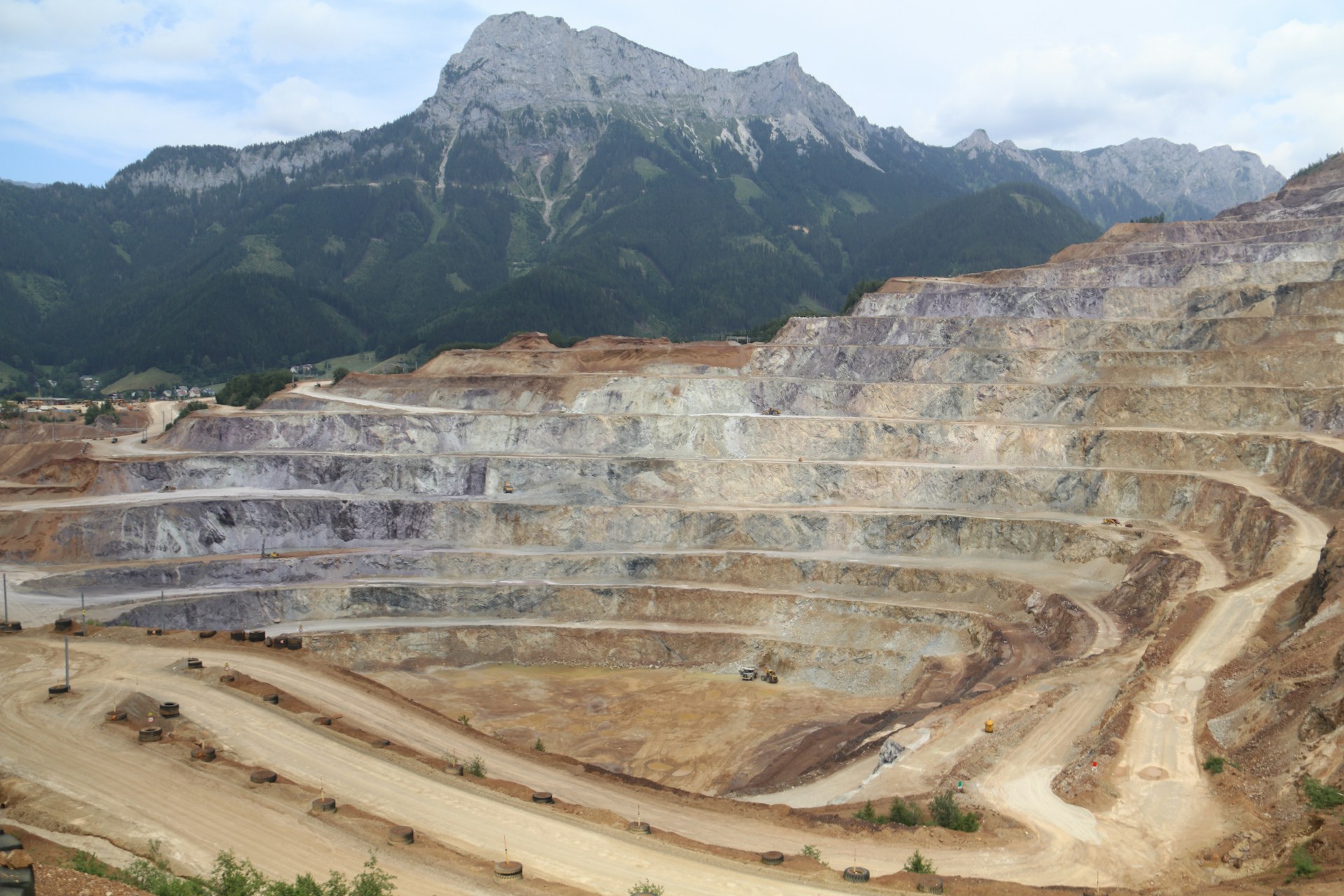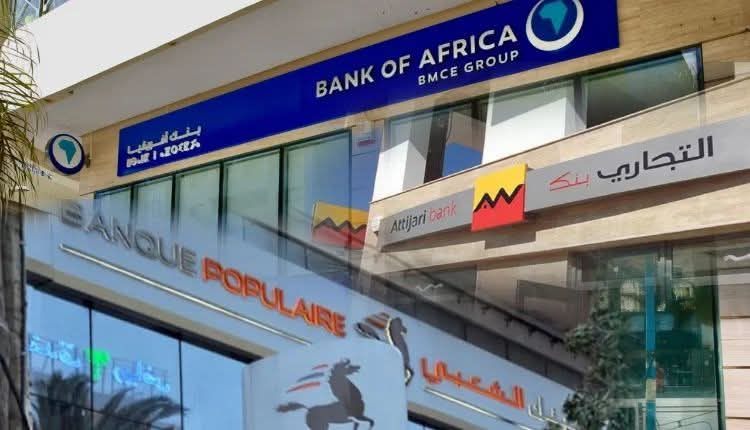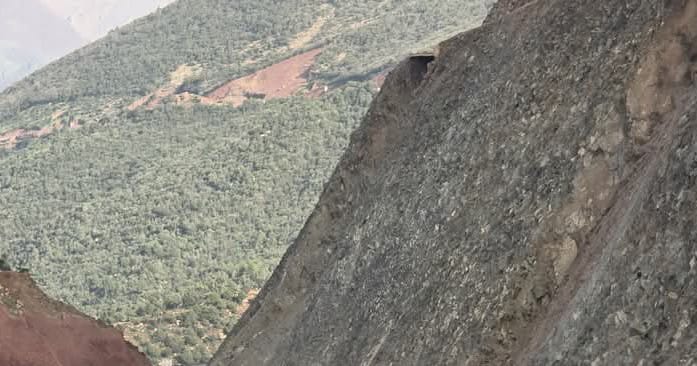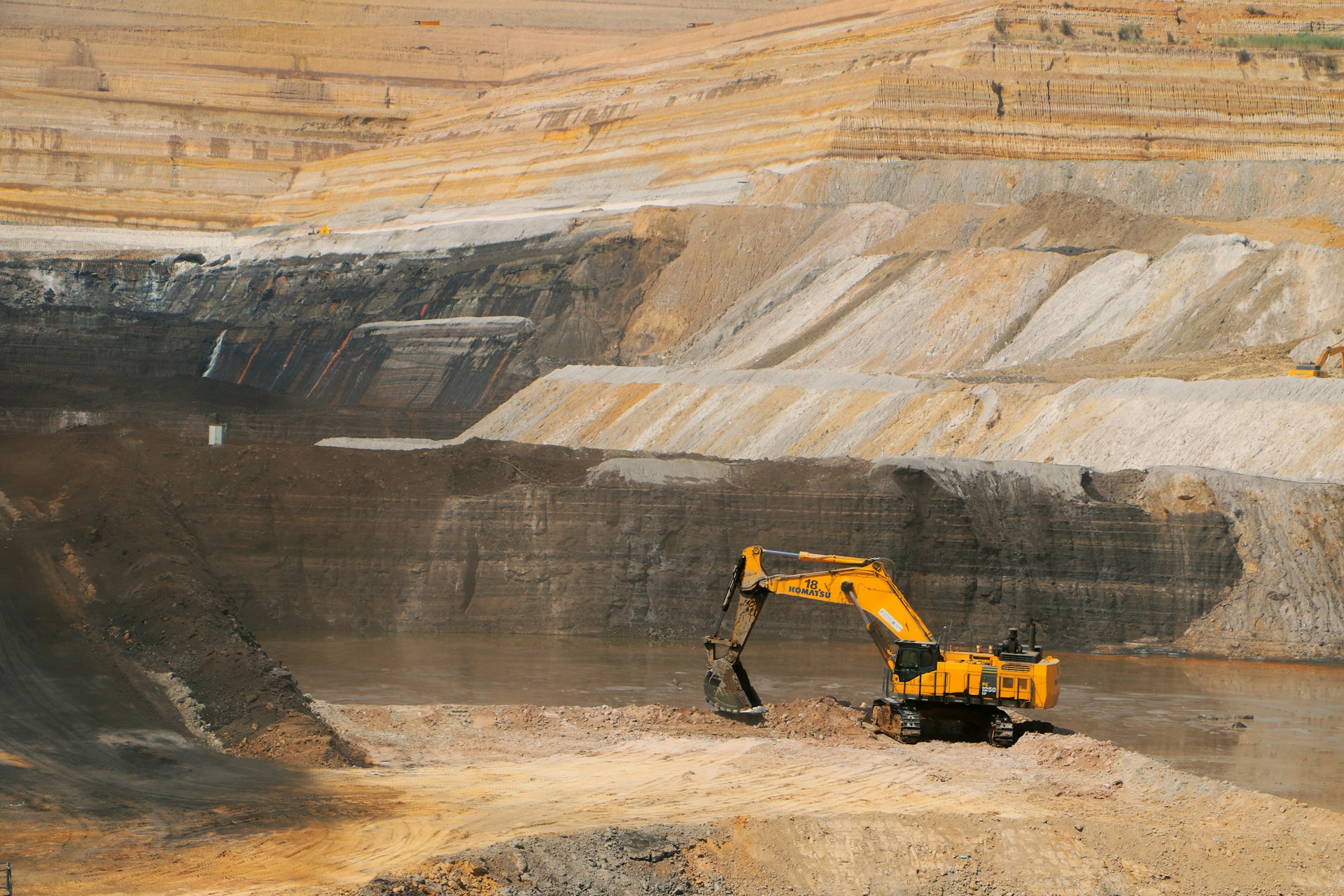Casablanca– Despite facing headwinds in the real estate market, Morocco continues to witness a remarkable surge in housing loans, with Islamic financing emerging as a key driver of growth. Recent data from the Bank of Morocco underscores this trend, highlighting a significant uptick in participatory housing loans, particularly through products like “Murabaha real estate.”
As of January, participatory housing loans soared to a staggering 21.7 billion Dirhams (approximately $2.24 billion USD), marking a substantial 14% increase compared to the same period last year. This surge significantly contributed to the overall housing loans disbursed by banks, which surpassed 244 billion Dirhams (approximately $25.16 billion USD) during the specified period, reflecting a noteworthy growth rate of 1.9%, equivalent to $4.4 billion Dirham (approximately $0.45 billion USD).
The “Murabaha real estate” product, a hallmark of Islamic banking, has emerged as a promising avenue for Moroccan banks. Under this arrangement, banks acquire specific properties and sell them to clients at an agreed-upon price, along with a pre-agreed profit margin. Despite preferences among real estate developers for selling properties during the construction phase, Islamic financing products like “Murabaha” continue to attract clientele, offering an alternative avenue for homebuyers amid marketing challenges.
In addition to financing, factors such as taxes and real estate market dynamics significantly influence competition in the Moroccan real estate sector. Despite challenges posed by rising interest rates on loans, both conventional and Islamic banks are collaborating to devise financing offers tailored to different client profiles, driving innovation and competitiveness in the market.
The Moroccan government’s direct housing support program is poised to provide further impetus to participatory housing loan products, aiming to stimulate demand in both the real estate and credit markets. The program facilitates procedural aspects through an online platform, expediting the ownership and sale process for beneficiaries and developers alike.
In terms of numbers, the housing support program has garnered approximately 51,900 requests through the dedicated online platform by February 27th. Notably, 75% of these requests involve housing priced below 300,000 Dirhams ($30,927 USD), while 25% fall within the range of 300,000 to 700,000 Dirhams ($30,927 to $72,139 USD). Of significance, 81% of the applications originate from residents of Morocco, with the remaining 19% from Moroccans residing abroad.
The resilience and adaptability demonstrated by Morocco’s housing finance sector, particularly in the face of market challenges, underscore the growing importance of Islamic financing and innovative approaches to meet evolving consumer needs. As the country continues to navigate through economic fluctuations, collaborative efforts between public and private stakeholders are crucial in ensuring sustainable growth and stability in the housing market.






